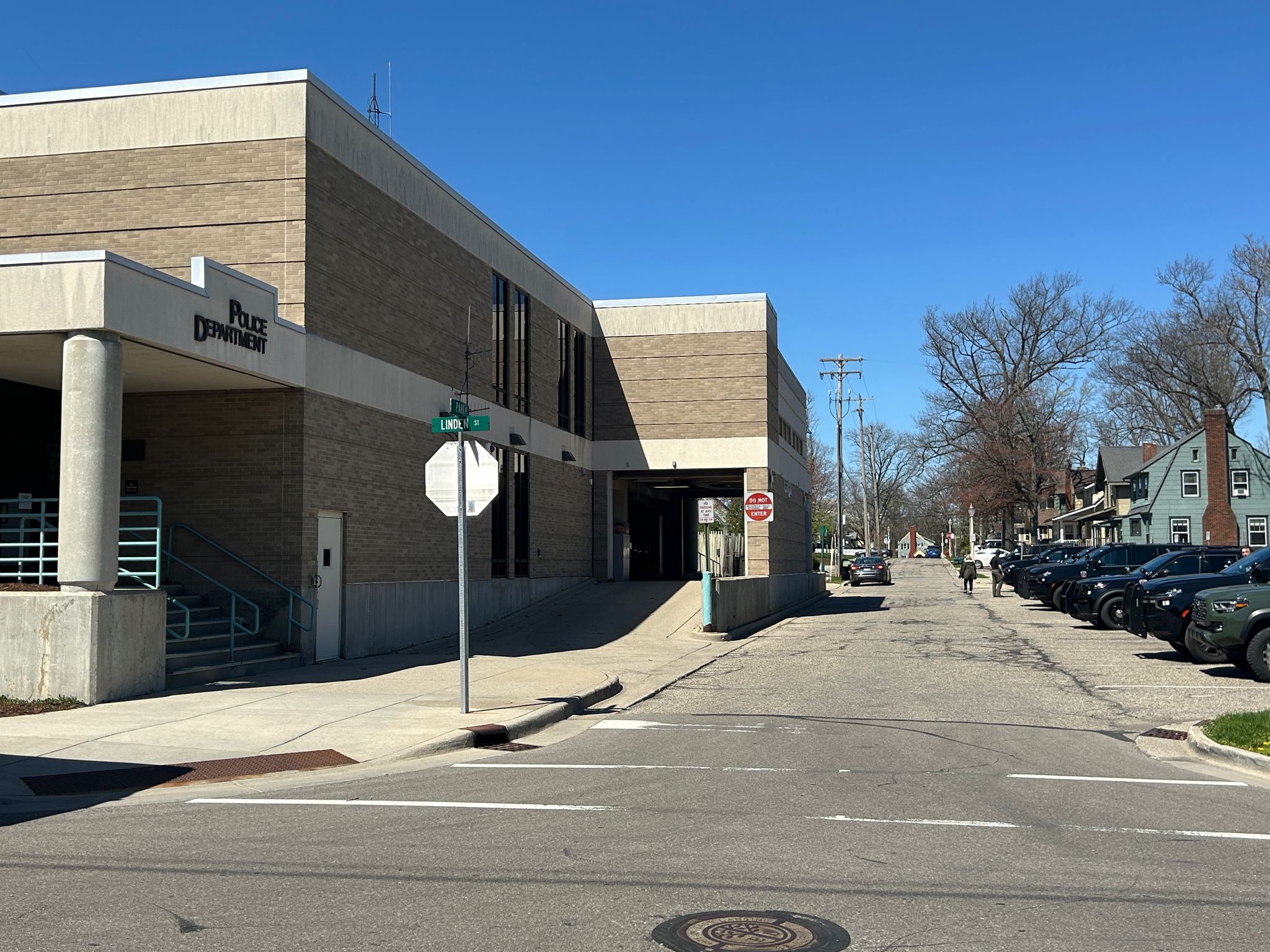A series of revisions to the legislation governing the East Lansing Independent Police Oversight Commission (ELIPOC) were enacted during a recent City Council meeting in East Lansing, Michigan. The measures sparked debates and concerns from residents and officials. The March 19 meeting featured a flurry of discussions ranging from police oversight to rent control regulations and legal conflicts.
The revisions to the ELIPOC legislation were suddenly introduced during a prior meeting on March 5, taking both commissioners and Council liaisons off guard. The modifications sought to define the commission’s responsibilities, notably its disciplinary authority over individual East Lansing Police Department (ELPD) officers. “Like others, I want to live in an area where I feel like my local government is here to protect all residents,” said resident Alina Mehveen. ELIPOC, comprised of volunteers, primarily offers suggestions to the police department but cannot implement policy changes or reprimand officers.
The decision to change the ELIPOC statute resulted from a legal disagreement between the City and a police union, which claimed that the commission’s oversight constituted disciplinary authority. Labor Counsel Gouri Sashital explained that the modifications were made to address this misunderstanding and clarify that ELIPOC lacks disciplinary authority. Despite concerns raised by ELIPOC members, the Council unanimously approved the revisions to maintain the commission’s mandate and prevent potential interference from state legislation.

“I believe there should be a police oversight commission… But I also do not want the state of Michigan to tell us that we now have to negotiate with the police unions… about how our police oversight commission operates or doesn’t operate,” said Mayor George Brookover.
However, the adoption of these revisions was not without criticism. ELIPOC Vice Chair Kath Edsall requested the Council to review specific language in the revisions, warning that it could accidentally limit the commission’s function. Edsall was concerned about the use of terminology such as “advisory” and “recommendation” vs. “determination” in disciplinary processes, which raised issues about the scope of ELIPOC’s influence.
In addition to the ELIPOC modifications, the Council addressed other important concerns, such as rent control measures and a legal conflict with Country Mill Farms. Residents expressed dissatisfaction with soaring rent rates, asking for legislative steps to allow local governments to impose rent control legislation. “It’s hard to pay so much rent as a student, I wish we take some serious action soon,” said resident Marina Klein.
Councilmembers Dana Watson and Mark Meadows supported such restrictions, highlighting the need to protect the community’s renters.
Furthermore, continuous arguments about rent control regulations and legal issues demonstrate the varied character of municipal administration, which necessitates thoughtful deliberation and engagement from all stakeholders to achieve equitable outcomes for the community.